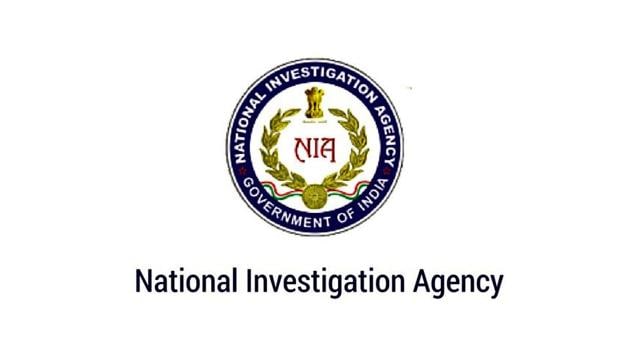Govt wants more power for NIA, move could eat into states’ rights
The NDA government wants to expand the mandate of the National Investigation Agency (NIA), giving it powers to probe human trafficking, weapons dealers, hacking of important websites and violations of the explosives law.
The NDA government wants to expand the mandate of the National Investigation Agency (NIA), giving it powers to probe human trafficking, weapons dealers, hacking of important websites and violations of the explosives law.

Home minister Rajnath Singh also wants to end the central agency’s dependence on approval from state police chiefs before confiscating or attaching assets of people accused of crime.
The NIA was set up by the previous UPA government in 2009 to probe terrorist activities after the 2008 Mumbai attacks in which 166 people were killed. The law, hurriedly passed by Parliament, empowered the agency to investigate offences under eight specified laws, including the Unlawful Activities (Prevention) Act, or UAPA.
Unlike the CBI, the NIA was not dependent on the state government’s approval before probing these offences. There were protests later that the provision violated the constitutional separation of powers between the states and Centre. Law and order is a state subject.
Expanded Scope
Human trafficking
Child trafficking
Hacking of websites
Violation of law to make, use or sell explosives
Sale, production or
Transfer of firearms
Among those who protested was then Gujarat chief minister Narendra Modi.
Read | Federal agency at centre of debate at CMs’ meet
“By setting up the NIA, the Central government now obviously wants to take upon itself the responsibility of fighting terror by sidetracking the states,” Modi said at a conference of police chiefs in January 2009.
This was even before the NIA got its first director.
As the NIA got down to probing right-wing extremist violence, the BJP renewed its attack.
At its national executive meet in Lucknow in June 2011, the party targeted the UPA for denting the federal structure.
“The formation of the NIA by the home minister (P Chidambaram) is contrary to our federal spirit. Without a constitutional amendment, in the subject of law and order, it has taken away the lawmaking power of the states,” said the BJP resolution that also quoted Modi’s 2009 speech.
The BJP’s change of heart came five years later, after it rode to power at the Centre in 2014.
It has proposed wide-ranging amendments in the UAPA as well as the NIA act that not only give the central agency powers to probe crimes outside India but also offences such as trafficking and selling a firearm that may not necessarily be linked to a terror act.
Read | Chidambaram was unsure of NIA’s constitutionality
Ajai Sahni, executive director of the Delhi-based think-tank, Institute for Conflict Management, called the amendment a “creeping erosion of the state’s jurisdiction”.
Sahni said political parties in Parliament permitted the NIA to poach on the jurisdiction of states against the backdrop of the Mumbai attacks.
“But the new amendments go beyond fighting terrorism. The only way such a law should be allowed is by a constitutional amendment, or at best, a consensus among states. You cannot sneak it in like this,” the counter-terrorism expert said, convinced that the NIA should first deliver on its original mandate.





